

If your student visa was rejected the first time, you could re-apply it. Many students get the Student Visa the second time around whose visa applications were denied the first time. However, you should eradicate the reason and apply for your Student Visa again. This guide covers the most fundamental reasons for student visa rejection in the United States.
Student Visa Rejection for Country of Origin
The most decisive factor in the student visa application is the home country. In some cases, the applicant’s return to a less developed country may be challenging to overpower the odds and receive a student visa.
In general, a student from a politically stable and economically developed country like Germany, in general, should not have any problem. In contrast, applicants from Congo have the odds stacked against them.
Applying in Third Country
It is not a discrepancy, but the consul may see a recent immigrant or resident with added suspicion.
For example, if he moved to the UK from India last year and now wants to study in the United States, the consul may take the approach: “Come back and apply again when you are more settled in.”
Unknown Community Colleges
The institution’s quality is not considered to factor into a consul’s decision, but it sometimes does. A consul may be more respectful to a top school applicant than a college student in the middle of nowhere.
Student Visa Rejection for Poor Grades
The consul will question the allocation of a visa to a returning student who has a poor academic record in the US. For example, poor grades or poor attendance on an initial F-1 visa.
The applicant’s Persona in Social Media
If the applicant’s profile in social media shows drug use or a party animal persona, the consul may doubt the seriousness of the student.
Questionable Contact Persons in DS-160
For students, the DS-160 asks two contacts. If a contact is on an embassy blocklist or was once denied a United States visa, the negative association impact may appear.
Student Visa Rejection for Mistakes in DS-160s Form
Commonly, the DS-160 should not have any errors, but experience has shown that they happen all of the time.
Cultural and language differences, simple negligence, and cluelessness about the law can sometimes play an important role here.
Visa Refusal Due to Inadmissibility
All visa applicants are subject to the public grounds of inadmissibility, including health, criminal, and immigration violations.
For example, suppose the applicant had a conviction for a serious crime of moral turpitude. In that case, even if it took place ten years ago and was deleted, he is not qualified for a student visa without a nonimmigrant waiver.
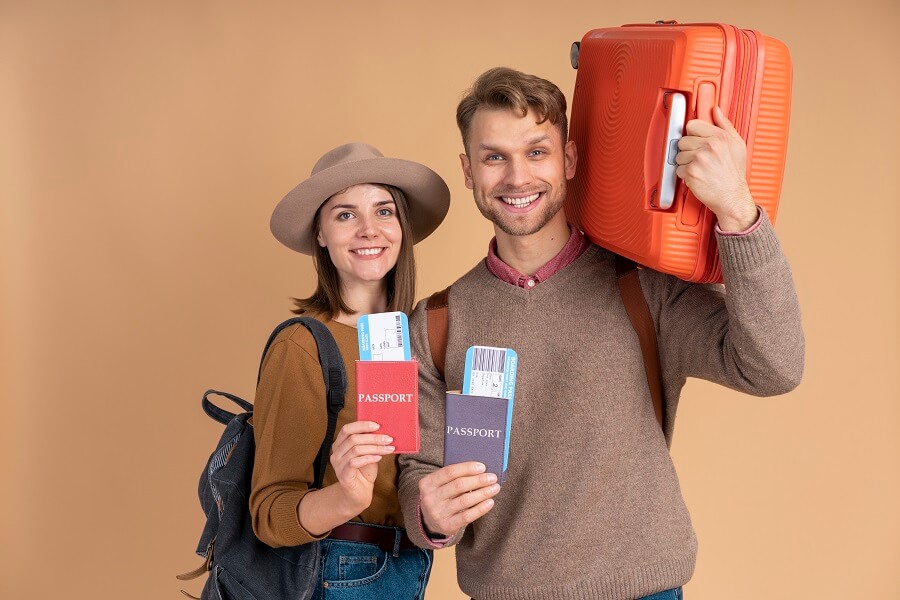
Family and Relatives in the US
A common question at the interview is about relatives in the US. The DS-160 asks not only for immediate relatives but other relatives too.
A failure to inform the relative in the DS-160 may be a misrepresentation. It leads to a 212(a)(6)(C)(i) finding.
The interview may center on how the relative settled in the United States. Using asylum may entirely exhaust the student visa applicant’s chances.
If the applicant’s sibling stayed in the US after an SWT (Summer Work Travel) program, this could also be considered a strike. If a brother or sister is in the US as a student, the consul may suppose it as enough.
Student Visa Rejection for Family Ties
For young applicants, their parents’ jobs may become a critical factor in the analysis. If the applicant’s father is a worker, the applicant may be viewed as a poorer family and thus have more immigration risk.
As a part of this living analysis, the consul may minister those from rural areas or small towns with less fidelity and more likely to reject than large cities.
US-based Significant Other as Sponsor
Suppose the student visa applicant and sponsor in the United States have a romantic relationship.
In that case, this may raise questions about the applicant and sponsor’s motives: Do they use the student visa as a pretext for moving to this country?
The consul takes a much closer look at the intentions and ties of the applicant and may assume that a fiancée visa is a more appropriate visa.
Dependents Staying at Home
It may seem counterintuitive to see dependents staying at home as a negative. After all, the applicant is more likely to return country home if his family remains at home, the consul may ask:
“If the applicant leaves his occupation and will not be earning a salary, who will support the family financially?”
Student Visa Rejection for Inadequate Finance
The student visa applicant must show the capability to pay for the first year of studies. Consuls posted in developing countries are very careful to fraud in this regard.
If you bring a bank statement showing the transfer of $50000 on your sponsor’s bank account three days before the interview, it raises the question of the source and whether the funds are available to pay for the education.
Parent-sponsors holding poorly paid government positions may be subjected to skepticism. Friend sponsors may also raise questions: When was the last time you saw them? How strong is the commitment of this friend?
Technical Issues in Forms
An error in the SEVIS system, a failure to enter information, and oversight by a school official, while seemingly trivial, such technical errors can lead to delays and refusals.
It is also common sense that one needs to abide by the start date in the I-20. A late application may cause student visa rejection or refusal.
Weak DS-160 Status
The DS-160 does not provide many options to indicate in-depth detail, but where it does, the applicant needs to use the space wisely. A failure to do so may cause student visa rejection or refusal.
For example, suppose a mid-career student visa application for an MBA indicates their duties at their bank as administration, calculating the budget, and being passive at the interview. In that case, the consul may be less than impressed.
Student Visa Rejection for Filing of Immigrant Petition I-130
A visa applicant for whom a petition has been filed could have a problem. There is a DS-160 question that asks it directly.
Failure to mark the filing of such a petition may cause a permanent ban. Indicating the petition leads to other questions: Where is the applicant in the immigrant visa line? How long ago was the petition filed?
If the applicant is entitled to an immigrant visa shortly, the consular mindset may be that there is no need for applying for a student visa because they will receive an immigrant visa soon.
Previously Spent Considerable Time in the US
When a visa applicant has previously spent considerable time in the United States, the consul may consider that it is time to spend some time at home to reestablish connections to the home country.
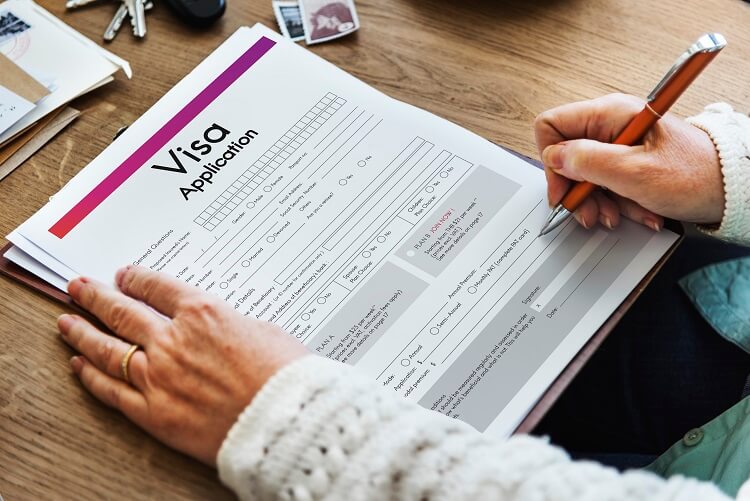
Admissions Process Misrepresentations and Mistakes
Another ripe area for potential misrepresentation is when a consul searches into an applicant’s credentials. For example, suppose university enrollment is contingent on passing a particular exam, and the applicant applies for a visa with an already-issued I-20.
In that case, the consul may doubt whether the university is aware of the applicant’s missing qualifications. Was it a university administration, or did the applicant raise false academic records to the given university?
Student Visa Rejection for Working Illegally in the US
It is a no-brainer for the consul for a student visa applicant who had previously worked illegally in the United States.
Not only did the visa applicant engage in illegal manners, but this probably echoes poor finances and a lack of economic connections to the home. This visa applicant will not be receiving a student visa.
An arrest in the United States will also trigger a visa revocation, and at the very least, serious problems trying to overwhelm 214(b).
Also, A student must comply with numerous rules and regulations while in the US, such as minimal coursework, restrictions on employment, and reporting needs for changing an address. Failure to accept these rules may lead to student visa rejection or refusal.
Interview Problems
Student visa interviews usually take 2 to 3 minutes, so the applicant only gets one chance to make a first impression. While a consul is not considered to review the applicant’s English language, insufficient English is factored in any way.
Inability to articulate reasons for selecting the college or university may be destructive. Answering simple, everyday questions are problematic, as are long, unrelated, rambling answers.
The applicant’s personality at the interview is also essential: lethargy, passivity, or a failure to show endeavor can tip the scales against the applicant. Nerves, poor language, looking down, negative vibes, or poor dress, are all negative factors.
Previous Visa Denial
While a recent previous US student visa rejection is not a death knell for a visa applicant, it is a distinct black mark. You can be confident that the consul will review the reason for the visa denial and see if that translates to the student visa application.
For example, suppose you had applied for a visa to visit the United States to attend a friend’s wedding. In that case, it is possible that a lack of ties factored into the denial and also led to a student visa rejection in the US.
If you want more information about Admission and Student visa :
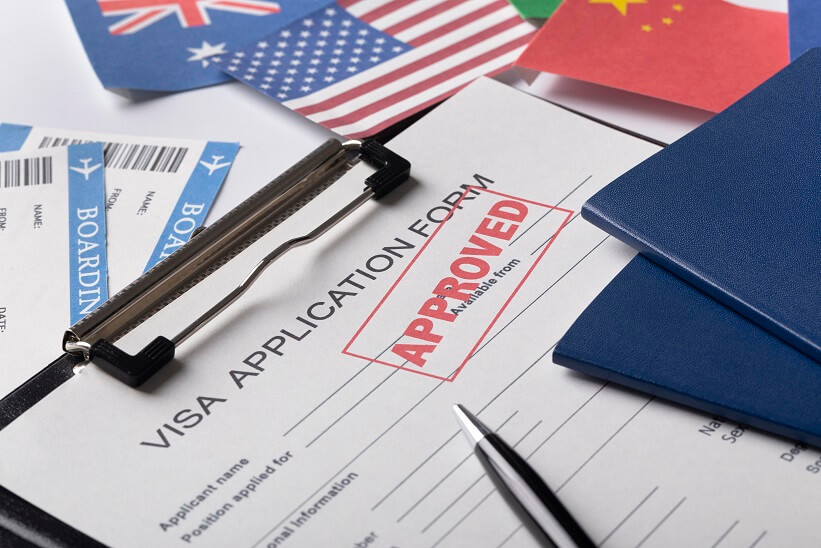
Student Visa Rejection for Status Changing in the United States
After arriving in the United States, many tourists, visitors, and Summer Work Travel participants decided to stay and enroll in school. They change their status and attend school.
However, they fail to anticipate the greeting they will receive at the Embassy when they return to their home country to apply for a student visa. They are not considered returning students, permitted to deference, but first-time student visa applicants.
In the worst-case scenario, the consul feels deceived by the failure to return home after the reverse of their initial status and slap a 212(a)(6)(C)(i) finding on the applicant.
Another consul may deny under Section 214(b). Regardless of how long the person studied, how little time is left, or money spent on the unfinished education.


How useful was this post?
Click on a star to rate it!
Average rating 1 / 5. Vote count: 1
No votes so far! Be the first to rate this post.

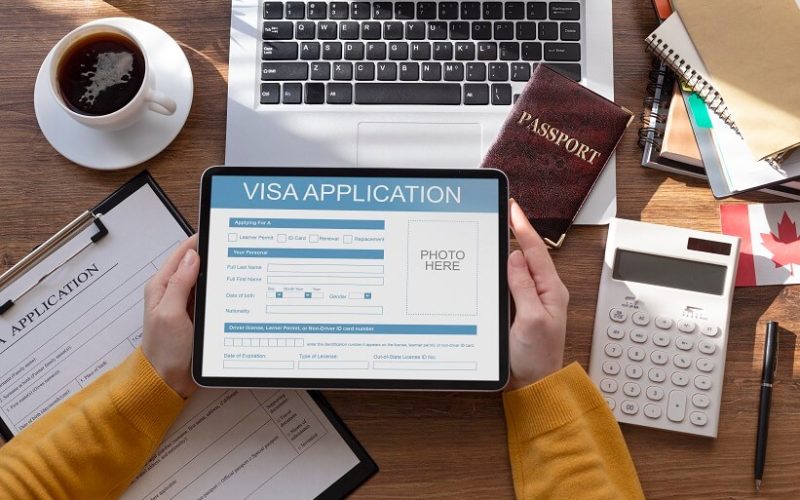

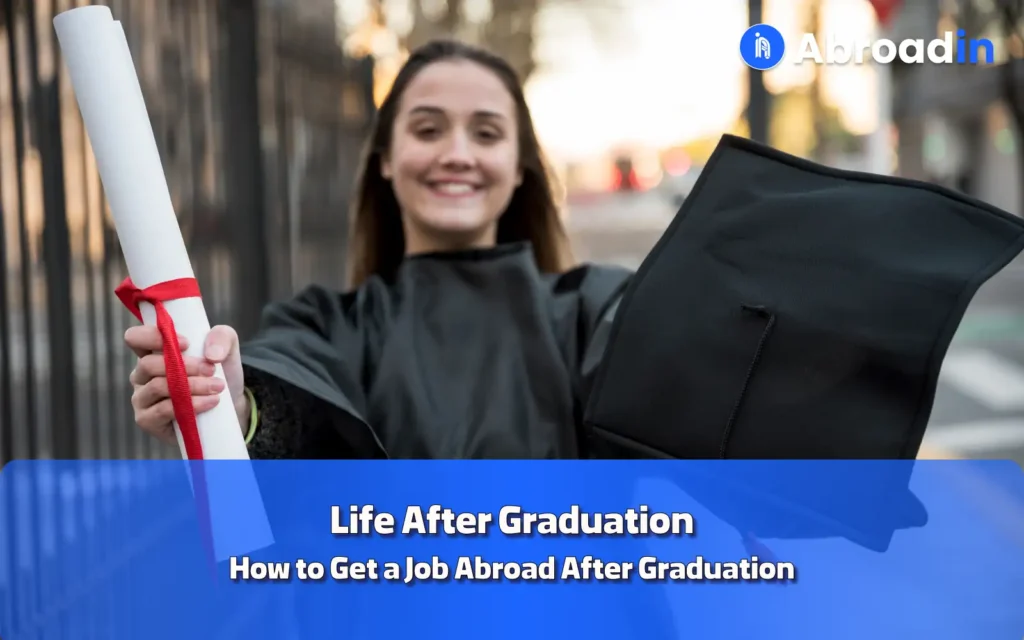



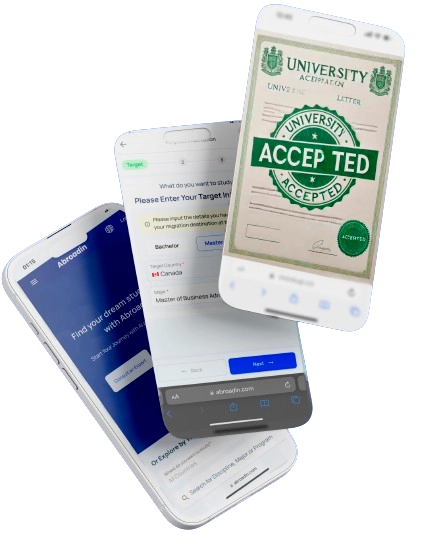
No comment yet, add your voice below!